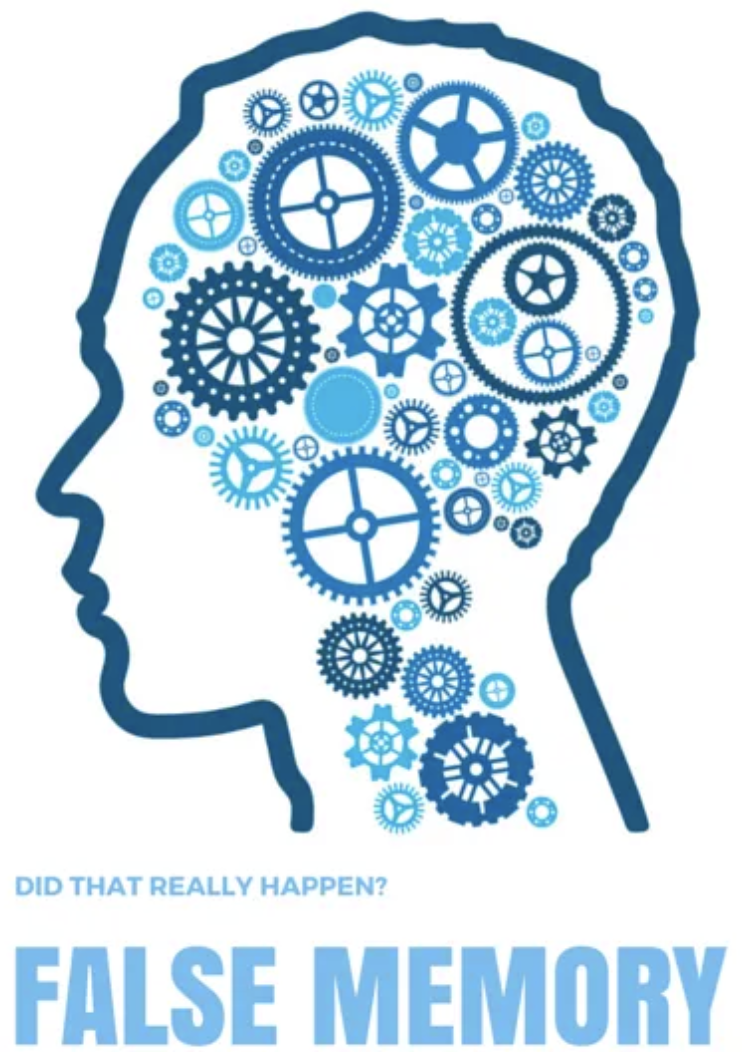This article was written by Kaela Allen, an undergraduate at U of Chicago, based on M Doss, D Gallo, H de Wit (2019) D9-tetrahydrocannabinol during encoding impairs perceptual details yet spares context effects on episodic memory. Biological Psychiatry: Cognitive Neuroscience and Neuroimaging
Impaired memory is a common side effect of cannabis consumption.
A common side effect of cannabis consumption is impaired memory. With the increasing legalization, acceptance, and use of cannabis, it’s important to know exactly how the drug actually affects the memory of users. While the exact effects and mechanisms of cannabis-induced memory impairment is a large question to tackle, researchers are making great strides in this topic. Researchers typically study two phases of memory: the encoding phase, the acquisition of new information, and the retrieval phase, the “remembering” phase of memory. Drugs may affect these stages in different ways. For example, previous studies in this laboratory showed that when subjects are sober during encoding but consume THC at the time of retrieval the drug increases false memories. On the other hand, when they consume THC before encoding but are sober during retrieval the drug decreases memory overall but does not increase false alarms. In fact, according to the authors, THC taken before encoding may actually reduce some false memories. One of the hypotheses regarding how THC impairs encoding is that it may impair memory of the context within which the object was studied. Typically, reinstating the context in which the object was studied is thought to improve memory. However, one recent study without drug manipulation showed that context reinstatement can also increase false memories of similar items, a phenomenon known as context illusion.
False memory refers to cases in which people remember events differently from the way they happened or even events that never happened at all. These can be extremely vivid and held with high confidence.
Doss et al sought to reconcile the data showing that the presence of THC during encoding caused a decrease in false memories with the fact that context reinstatement can increase false memories. The authors hypothesized that THC impairs object-context binding during encoding, thereby reducing the impact of context reinstatement at retrieval. Participants were required to memorize object pictures that were superimposed over scenes (e.g. a gray cat superimposed on a beach) after pretreatment with placebo or 15 mg of THC. Two days later, under sober conditions, their memory was tested by having them discriminate between previously studied objects or perceptually similar objects (e.g. a different grey cat). Context reinstatement was manipulated by presenting objects on their original or different scenes. The researchers found that THC at encoding decreased memory of studied items, and that context reinstatement under sober conditions increased memory of studied items as well as false memories of similar lures, as expected. The presence of THC at encoding did not seem to affect the context illusion. However, more detailed analyses showed that THC did magnify the context illusion when objects were semantically congruent with their encoding contexts (e.g. a frog shown with a pond) but abolished the context illusion when object-context pairs were semantically incongruent (e.g. a frog shown in the tundra).
This study provides evidence that THC impairs memory of perceptual details of objects. This is important in the case of eyewitness testimonies, where distorted memories could be damaging.
This study corroborates the existing evidence that THC impairs memory of perceptual details of objects, but it also provides enlightenment regarding THC’s impact on the relationship between the context of encoding and the object being memorized. A specific instance in which this relationship is important is in the case of eyewitness testimonies involving individuals under the influence of cannabis, known as “highwitness testimonies”. While fewer details of the witnessed event may be remembered, the use of context reinstatement techniques to jog the memories of witnesses could distort these memories, at least in the cases where the objects and contexts are considered to be semantically congruent. As always, there is still much work to be done.



